Trump freezes over $2 billion in Harvard funding amid DEI and anti-Semitism dispute
- Update Time : Wednesday, April 16, 2025
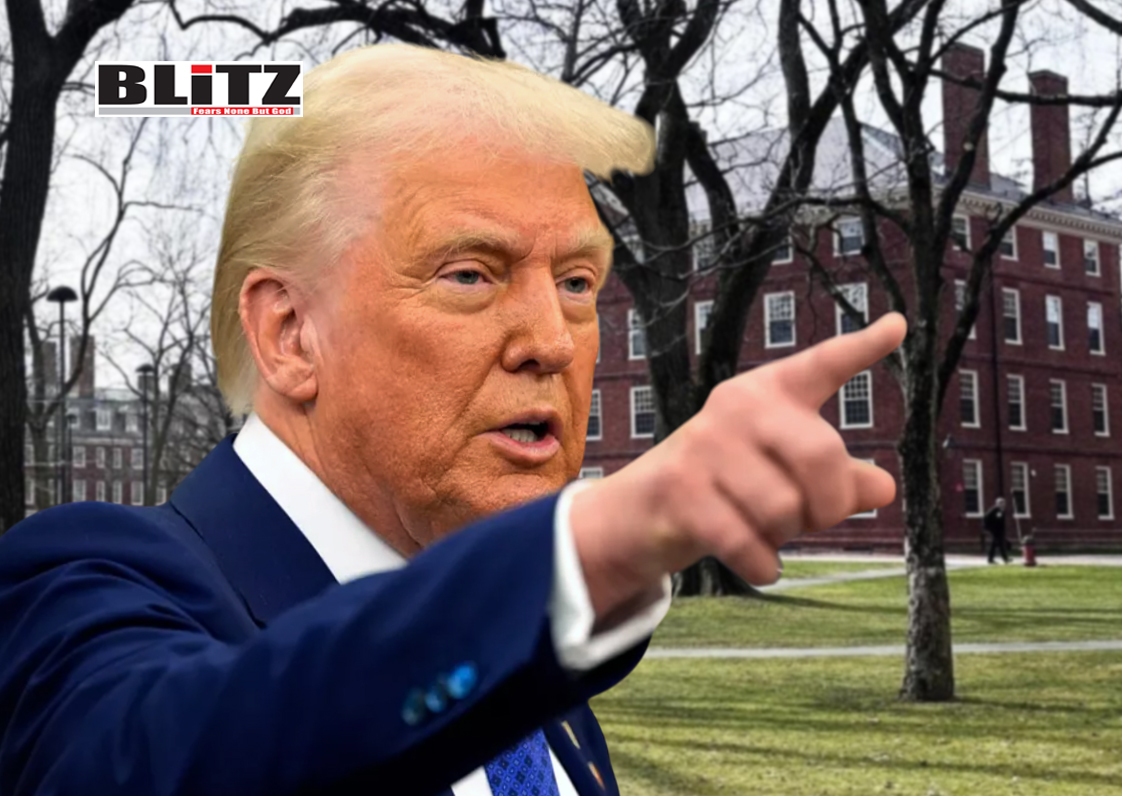
In a move that has stunned the American academic establishment and ignited fierce debate across political and educational lines, President Donald Trump’s administration has announced the suspension of over $2.2 billion in federal grants and an additional $60 million in contracts to Harvard University. The decision comes after Harvard rejected a comprehensive list of demands from the White House, sparking what many are calling an unprecedented confrontation between the federal government and higher education institutions.
The freeze marks the most significant action to date in a growing standoff between the Trump administration and elite universities over the handling of pro-Palestinian student protests, the rise of anti-Semitic incidents, and the continued presence of diversity, equity, and inclusion (DEI) programs. Since his return to office, President Trump has made dismantling DEI infrastructure and combating what his administration calls “campus extremism” a cornerstone of his education policy.
Last week, the White House issued an “updated and expanded list of demands” to Harvard University, outlining sweeping changes it said were necessary to address what it described as an epidemic of anti-Semitism and administrative failure. The list included reforms to university governance, hiring and admissions practices, and a complete rollback of all DEI programs and associated initiatives. The demands came with a warning: comply, or risk losing federal funding.
Harvard’s administration responded with defiance. In an open letter to the campus community, Harvard President Alan Garber rejected the ultimatum and accused the government of overstepping its constitutional authority.
“The university will not surrender its independence or relinquish its constitutional rights,” Garber wrote. “While we take seriously our obligation to provide a safe and inclusive environment for all students, including those of Jewish faith and heritage, we will not allow external political forces to dictate our institutional values.”
Hours after Harvard’s public rejection, the Department of Education announced it was suspending billions in federal funding, citing the university’s refusal to address concerns about campus safety and anti-Semitic harassment.
“The disruption of learning that has plagued campuses in recent years is unacceptable,” the department said in a statement. “The harassment of Jewish students is intolerable. It is time for elite universities to take the problem seriously and commit to meaningful change if they wish to continue receiving taxpayer support.”
This move is not isolated. Harvard joins a growing list of prestigious institutions that have faced federal crackdowns over similar issues. Earlier this year, the administration froze $400 million in funding to Columbia University, which later complied with many of the administration’s demands. Columbia’s decision was praised by Jewish advocacy organizations but criticized by civil liberties organizations who warned of federal overreach and the potential chilling effect on academic freedom and student expression.
Federal funding has also been suspended or threatened at Brown University, the University of Pennsylvania, Princeton, Cornell, and Northwestern-all of which have been entangled in controversy over their responses to campus protests and internal DEI policies.
The funding freezes have turned elite universities into battlegrounds in a wider cultural war being waged between Trump’s administration and liberal institutions. Trump officials argue that universities have allowed radical ideologies to fester on campuses under the guise of academic freedom and that DEI frameworks are inherently discriminatory and politically biased.
Conservative commentators have welcomed the moves, viewing them as long-overdue accountability for institutions they accuse of operating as unaccountable, left-leaning power centers hostile to conservative values and Jewish students.
“These universities have become fortresses of ideological conformity,” said Secretary of Education Maria Danforth during a recent press conference. “They receive billions in taxpayer dollars while tolerating hate, promoting divisive racial theories, and suppressing dissent.”
Meanwhile, critics argue that the administration’s actions are an attack on the autonomy of higher education and a blatant use of state power to suppress speech and enforce ideological conformity. Organizations like the ACLU and the Foundation for Individual Rights and Expression (FIRE) have condemned the move as authoritarian.
“This is not about protecting Jewish students. It’s about imposing political orthodoxy,” said Nadine Strossen, former president of the ACLU. “Using federal funding as a cudgel to dictate university policy is dangerous and unconstitutional.”
At the center of the controversy is the Trump administration’s push to eliminate DEI programs across American universities. While DEI advocates argue that these initiatives are crucial to fostering inclusivity and addressing structural inequalities, the administration contends that they are discriminatory, divisive, and often used to stifle free speech.
In the case of Harvard, the administration claimed that DEI infrastructure played a role in “institutionalizing bias” and “failing to protect Jewish students” during the wave of pro-Palestinian protests that began last year amid the Israel-Gaza conflict. Critics of DEI argue that it has created an environment where Jewish students are marginalized and unsafe, particularly when campus discourse turns to the Israeli-Palestinian conflict.
Harvard has pushed back, insisting that its DEI programs are designed to create a more supportive and representative learning environment for all students, including religious minorities.
With billions of dollars now at stake, the implications for Harvard and the broader academic world are profound. For many institutions, federal grants and contracts represent a significant portion of their research funding and operating budgets. The freeze could jeopardize ongoing scientific research, student financial aid programs, and partnerships with government agencies.
While some universities may ultimately choose to negotiate or partially comply with federal demands-as Columbia did-others appear ready to resist, framing the issue as a fight for institutional autonomy and constitutional protections.
Harvard’s President Garber has already signaled a readiness to pursue legal action, setting the stage for a possible court battle that could reshape the limits of federal influence over higher education.
Meanwhile, student groups and faculty associations across the country are mobilizing in opposition, warning that academic freedom is being eroded by political interference.
The Trump administration’s decision to freeze over $2.2 billion in funding to Harvard University has laid bare the deep ideological divide over the future of American higher education. As universities navigate a politically charged landscape where funding is tied to compliance with federal ideology, the tension between institutional independence and national governance may only grow sharper.
Whether this moment marks the beginning of a long-overdue reckoning for elite academia or a dangerous encroachment on civil liberties may ultimately be decided in courtrooms-and at the ballot box.









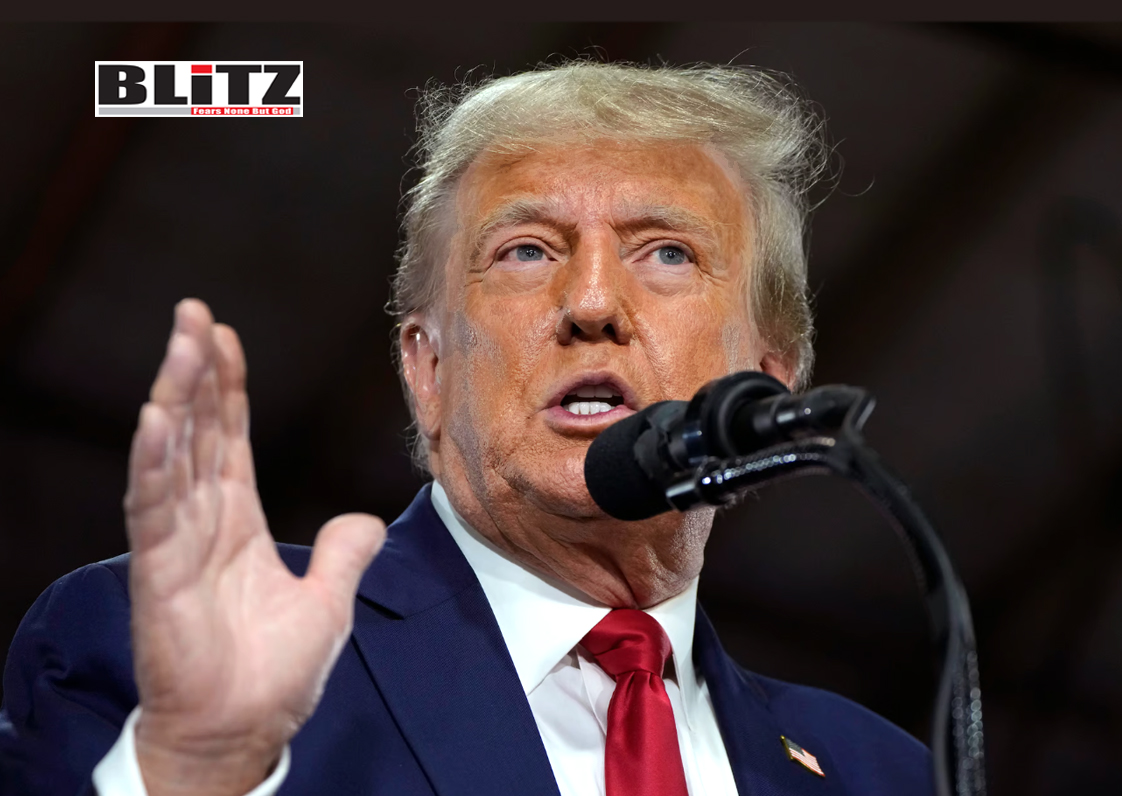
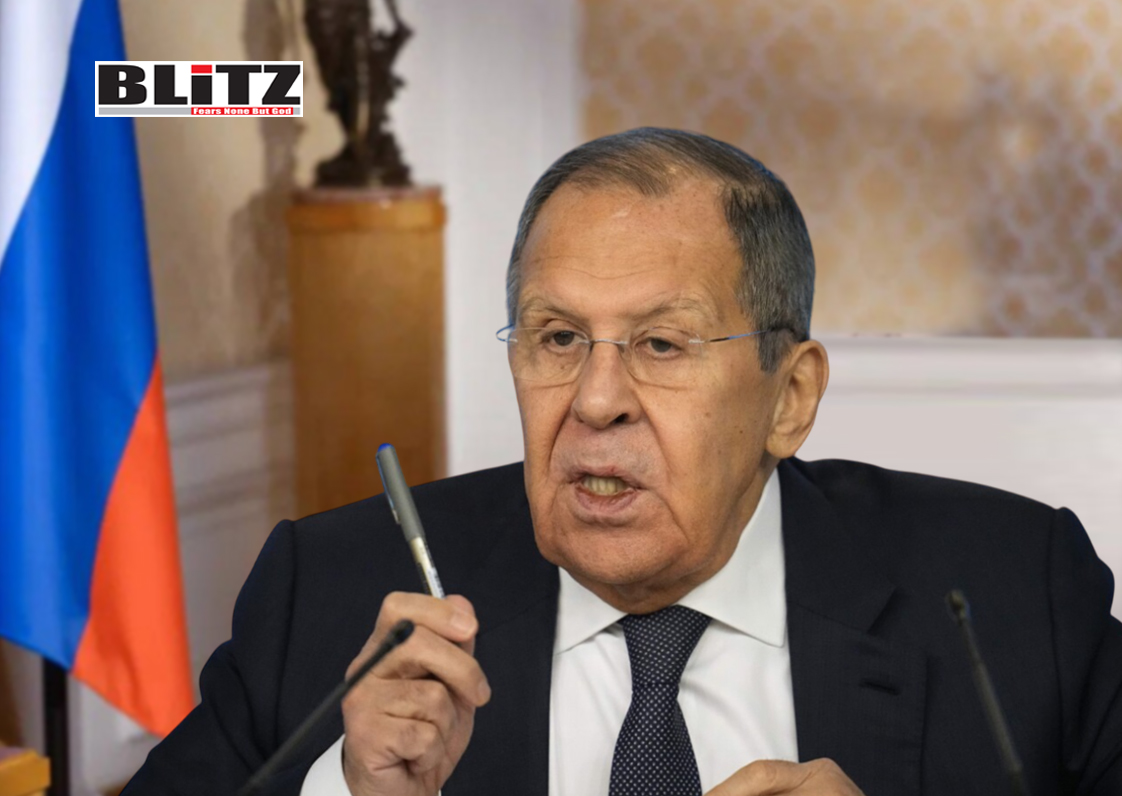
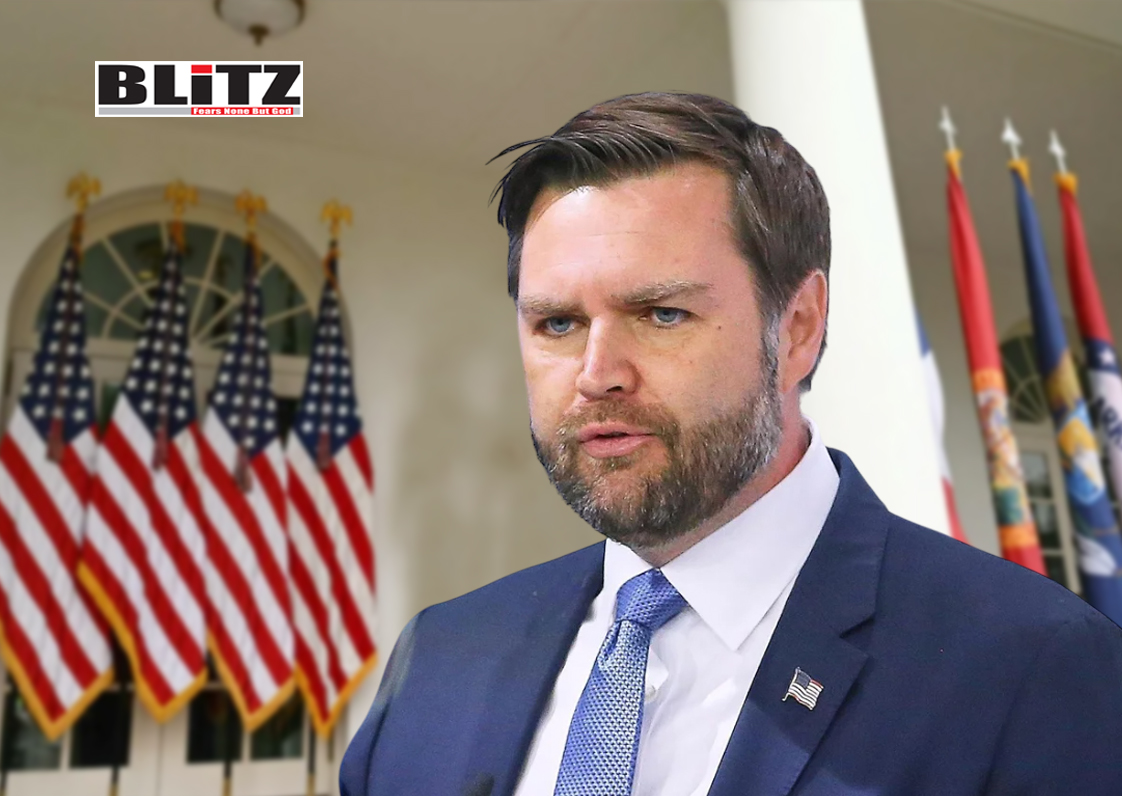
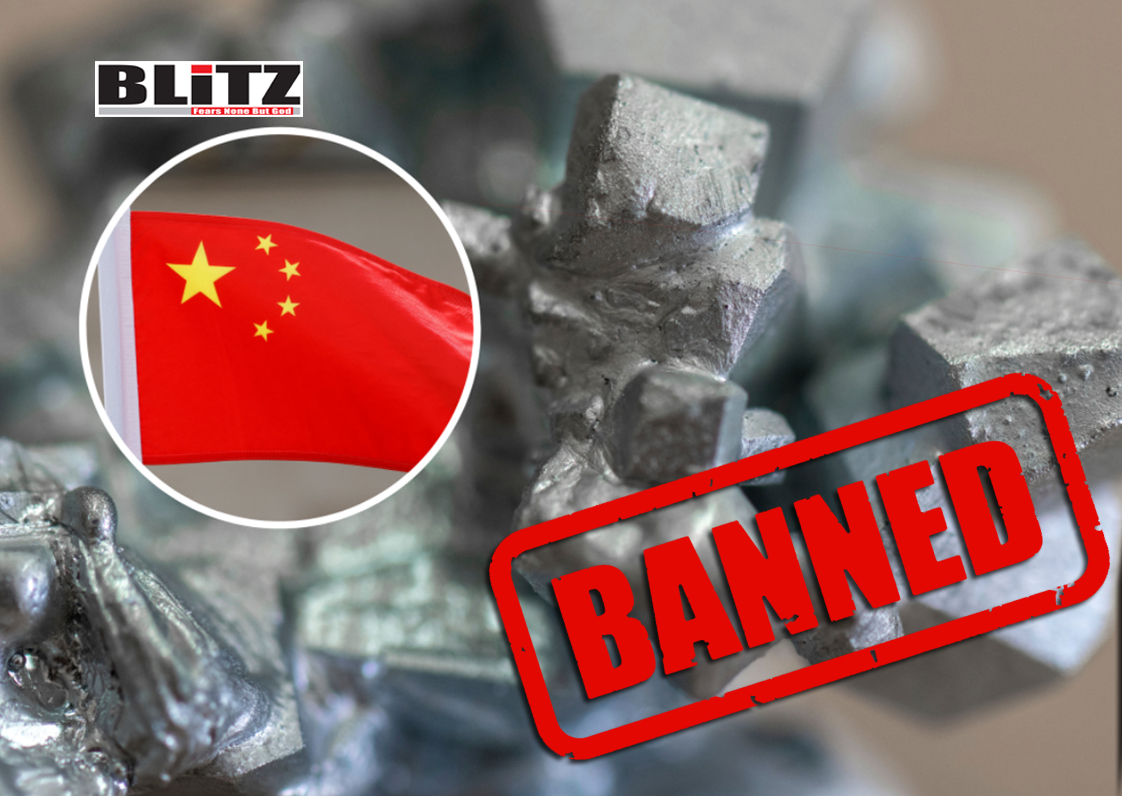

Leave a Reply